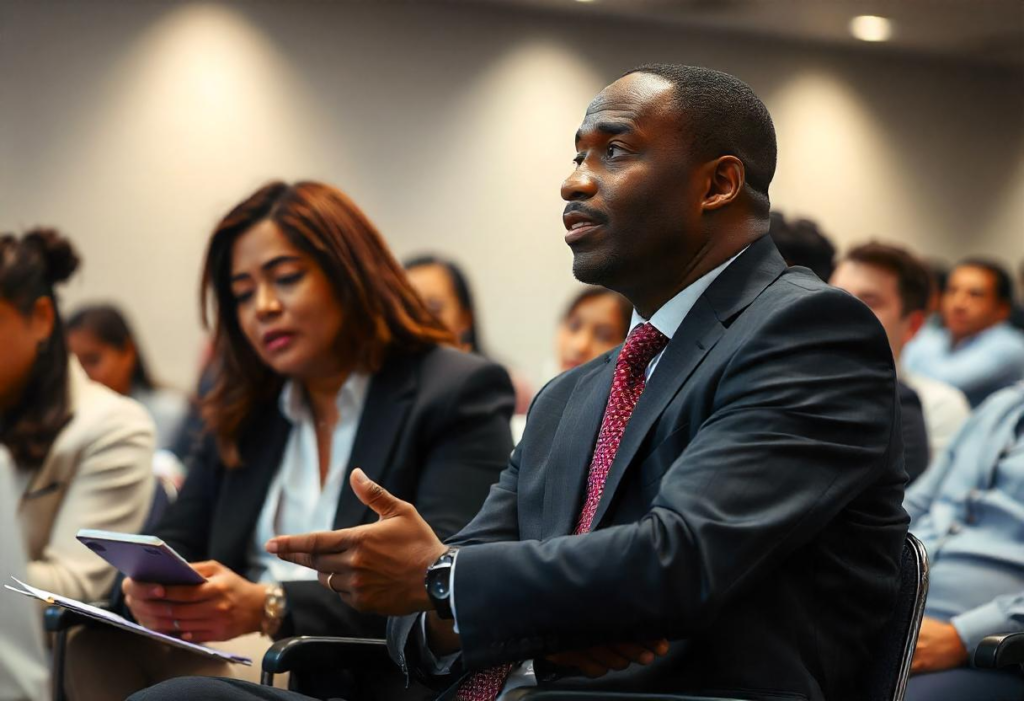Key Takeaways:
- Evidence is crucial in establishing liability and damages in personal injury cases.
- Collecting thorough and accurate evidence can significantly impact the outcome of a claim.
- There are specific types of evidence each party should focus on to protect their claim
In personal injury cases, evidence is the backbone for establishing both liability and the extent of damages suffered. Solid evidence can significantly influence the outcome of a case, whether you’re pursuing a settlement or heading to court. Understanding what constitutes compelling evidence and how to collect it can empower individuals to protect their claims effectively. This article discusses evidence’s critical role in personal injury cases and provides practical tips for safeguarding your claim.
Understanding the Importance of Evidence
Evidence is the foundation upon which personal injury claims are built. It is essential to prove the wrongful actions of another party and demonstrate the impact of those actions on the injured party. In Council Bluffs, ensuring you have comprehensive evidence is particularly crucial, given the specific legal nuances of the area. Working with a personal injury attorney in Council Bluffs can help gather and present evidence that aligns with local legal requirements. Evidence must thoroughly and accurately reflect the incident, enabling legal representatives to argue the case convincingly.
Types of Evidence to Collect
In personal injury cases, several types of evidence are crucial for establishing the facts of the case:
- Physical Evidence: This includes anything tangible from the accident scene, such as damaged vehicles, broken equipment, or even a torn piece of clothing.
- Photographic Evidence: Photos and videos taken at the scene can provide invaluable documentation of the accident’s immediate aftermath.
- Medical Records: Documentation from medical professionals detailing injuries, treatments, and prognoses can substantiate claims of physical harm.
- Witness Statements: Testimonies from individuals who witnessed the incident or have relevant information can add credibility to the allegations.
- Expert Reports: Input from forensic specialists or accident reconstruction experts can provide technical insights into how the incident occurred and who may be at fault.
Tips for Protecting Your Claim
To effectively protect your personal injury claim, it’s essential to adhere to the following tips:
Document Everything
Keep a detailed record of all relevant information related to the incident. Take notes immediately after the accident while your memory is fresh, noting the sequence of events, weather conditions, and any conversations you had at the scene.
Preserve Physical Evidence
Ensure any physical evidence you have is kept in its original state until it can be presented in court. Secure items such as damaged clothing or equipment from the incident if possible.
Seek Medical Attention
Even if injuries seem minor initially, seek medical attention promptly. Medical records are crucial evidence, and immediate treatment ensures your injuries are adequately documented.
Collect Witness Information
If there are witnesses to the incident, gather their contact information and seek to obtain statements while the details are still fresh in their minds. Witnesses can validate your version of events, enhancing your claim’s credibility.
Consult with Professionals
Engage with professionals such as legal advisors and accident reconstruction experts early in the process. Their expertise can guide the evidence-collection process and ensure it aligns with legal requirements.
Avoid Discussing the Case Publicly
Avoid discussing the details of your case on social media or with people outside your legal team. Public statements can be used against you in the legal process.
Work with a Local Attorney
Partnering with an attorney familiar with Council Bluffs regulations ensures you meet all procedural requirements. Their local expertise can be invaluable in handling the area’s specific legal landscape of personal injury cases.
They can help navigate local court systems efficiently, saving you time and reducing potential stress. A local attorney is often well-acquainted with judges and opposing counsel, which can provide strategic advantages in negotiations or courtroom proceedings. They can also offer insights into the standard practices and expectations unique to Council Bluffs, ensuring that your case is approached precisely. By working closely with someone familiar with the area, you can access tailored advice and strategies that maximize your chances of a favorable outcome. Additionally, a local attorney will likely be more accessible for in-person meetings, fostering better communication and trust.
Conclusion
In the landscape of personal injury law, evidence is a pivotal element that determines the strength of a claim. All evidence contributes to crafting a compelling case, from initial documentation to complex expert reports. By following the outlined tips and working closely with local professionals, individuals can ensure their personal injury claims are robustly supported and well-protected. This structured approach enhances the likelihood of a favorable outcome and restores peace of mind during a challenging time.



